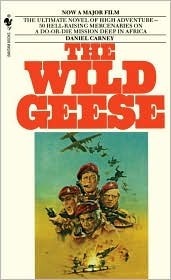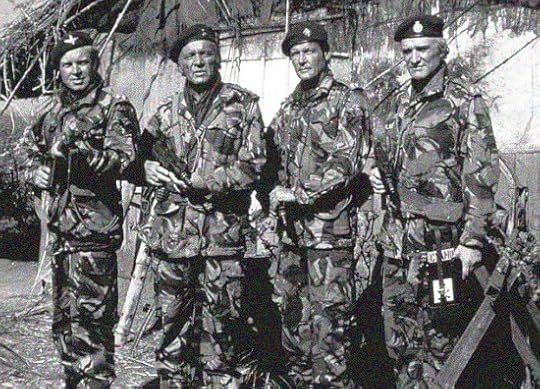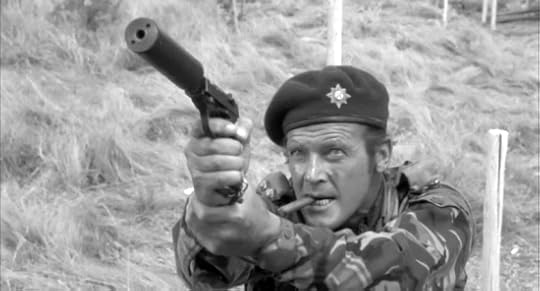What do you think?
Rate this book


279 pages, Paperback
First published January 1, 1977
THE Wild Geese -- the Wild Geese -- 'tis long since they flew- 'Wild Geese' by Irish poet Michael Joseph Barry
O'er the billowy ocean's bright bosom of blue;
For the foot of the false-hearted stranger had curst
The shores on whose fond breast they'd settled at first;
And they sought them a home afar off o'er the sea,
Where their pinions, at least, might be chainless and free.
The recruits for the Irish Brigade were generally conveyed to France in the smugglers which bought foreign wines, brandy etc., to the West Coast of Ireland, and were entered on the ships’ books as ‘Wild Geese’: hence this became the common name for them among the country people.
“… the Irish peasants continually escaped to France through a network of smugglers. This constant emigration was romantically styled ‘The Flight of the Wild Geese’. ”

Oh, man, that was fabulous! That was a whole new start for my career, man, are you kidding? That was great. A really solid action war picture, with a superb cast: Richard Burton, Roger Moore, Richard Harris, Stewart Granger – just incredible. This producer called me up. I’d only met him once before, Euan Lloyd, an English producer. And he said, “You know, I was talking to John Ford one day just before he died [in 1973]”, and Ford asked him who was gonna direct The Wild Geese and he said they hadn’t thought of a director yet. So Ford said, “Well, you ought to try that young McLaglen, ’cause he really knows how to make pictures.”[ Source]
Well, I never knew that, except when he told me that Ford had really helped me there. But he was like that; he would sort of help you behind your back. And, so I did the film.



Well, we had “Mad Mike,” the Colonel. He really was a soldier and he was in charge of getting the mercenaries that we had. We had a few of them that were rather terrifying. They’d pull their bayonets and you’d be up against the wall with the point of a bayonet at your throat.
